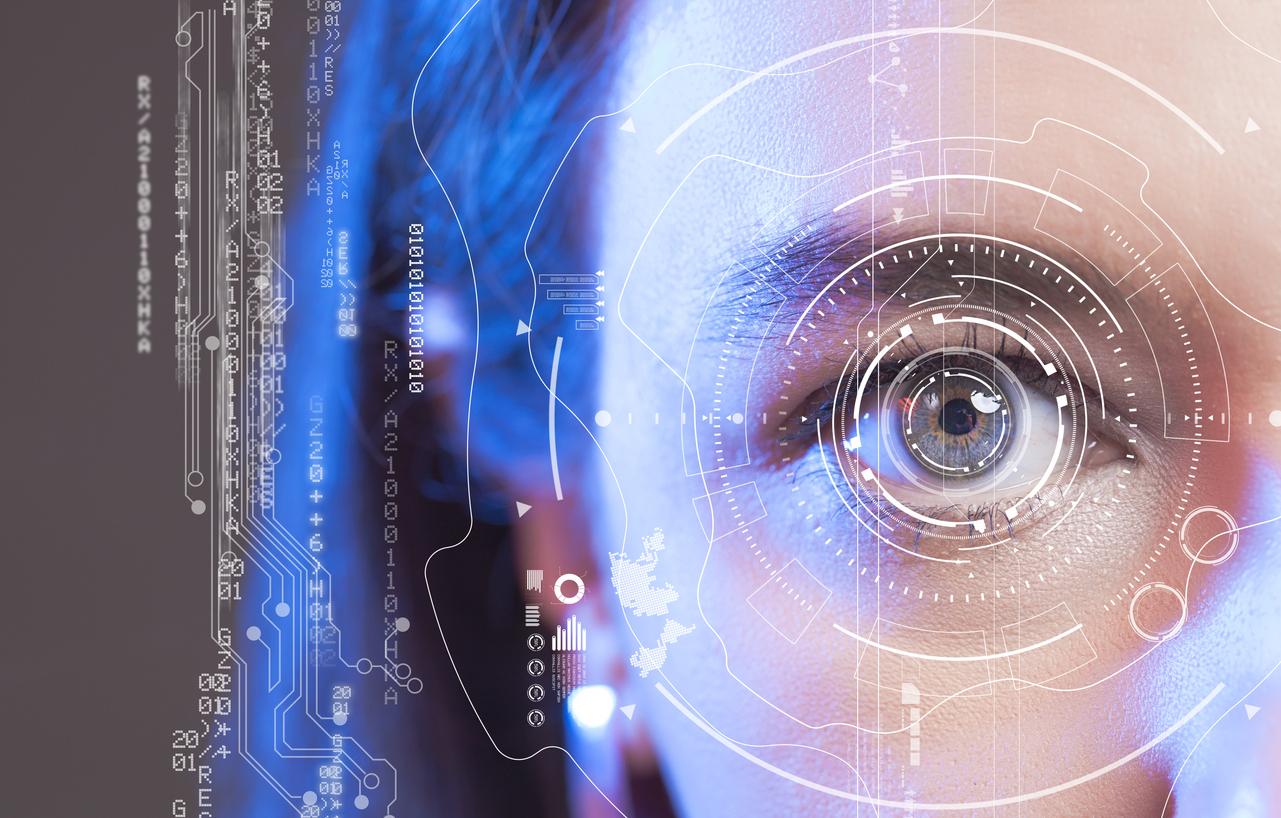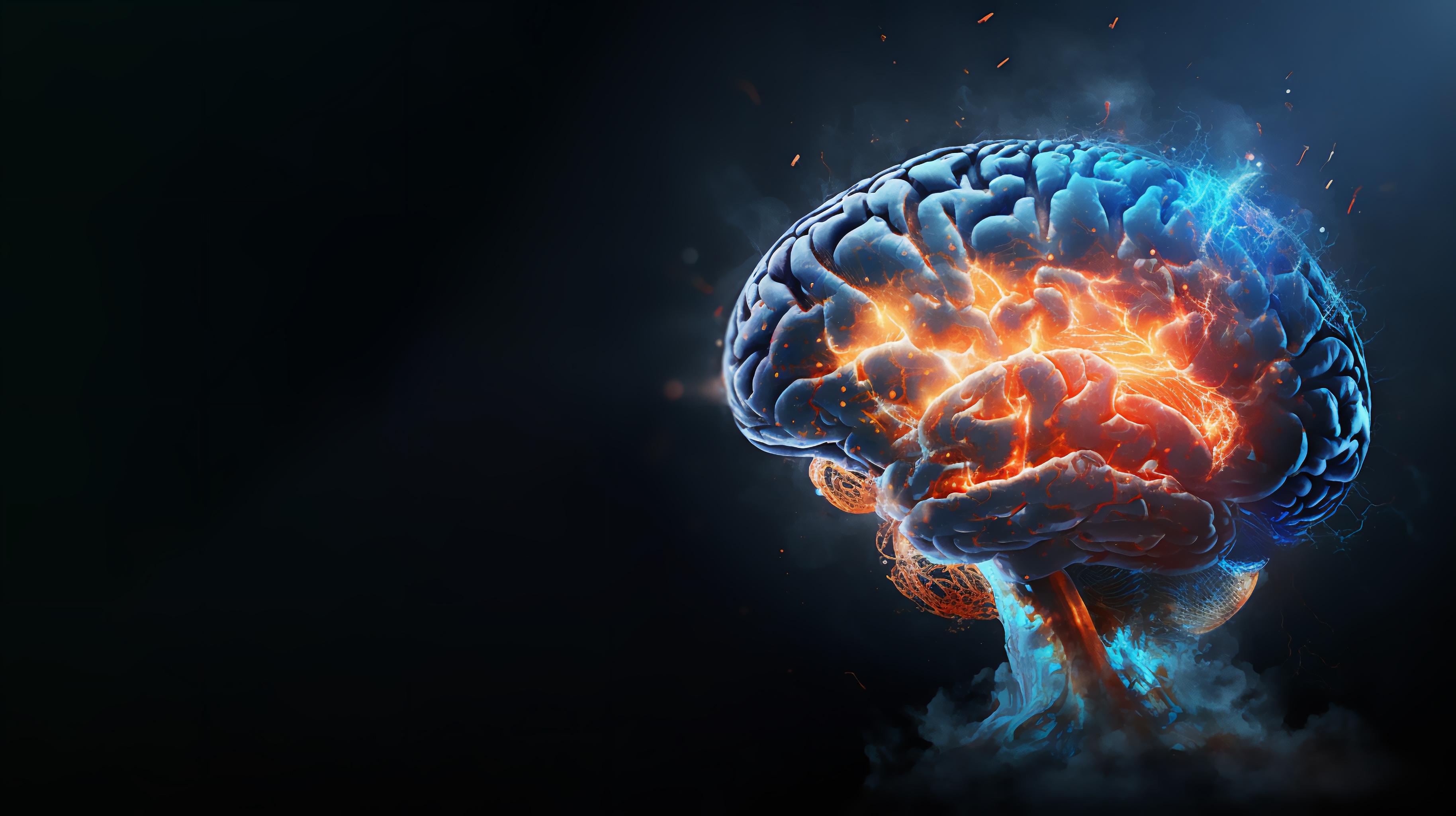An English start-up is developing a molecule intended to fight against obsessive compulsive disorders (OCD) in less than a year thanks to artificial intelligence.

About 2 to 3% of French people suffer from obsessive compulsive disorder (OCD), more than a million people. OCD, which most commonly manifests in adolescence, is a disabling psychiatric disorder characterized by obsessions (repetitive and persistent thoughts, images, or urges) and/or compulsions (repetitive behaviors or mental acts) that cause patients to act in a certain way, lest they feel anxiety, stress or anxiety.
A molecule developed in less than 12 months
As pointed out by the federation for brain research (FRC), these people are “obsessed with cleanliness, order, symmetry or are overwhelmed with irrational doubts and fears. To reduce their anxiety, they perform tidying up, washing or checking rituals, which can last several hours a day for the most severe forms.
The British start-up Exscientia announced on its site having developed a treatment capable of combating these OCDs with the help of Japanese researchers and thanks to artificial intelligence (AI). “This project was realized through the synergy of joint research and took less than 12 months to complete the exploratory research phase, which is less than the typical average which is 4.5 years using conventional research techniques” , welcome the authors of the study.
The molecule called “DSP-1181” will be tested on humans in March by the Japanese pharmaceutical company Sumitomo Dainippon Pharma. The whole thing will be to see if this drug, developed in record time, will be well received and supported by patients, but also to measure its effects on OCD “We believe that this DSP-1181 entry, created using AI in clinical studies is a key step in drug discovery,” said Andrew Hopkins, CEO of Exscientia.
For or against artificial intelligence methods?
The use of artificial intelligence in the medical field is debated among health professionals. While it allows the analysis and cross-referencing of a large amount of data accumulated by research laboratories and large cohorts, some worry that it could hinder doctors’ understanding of the development of diseases.
According to Doctor Jean-Emmanuel Bibault, oncologist at the Georges Pompidou Hospital (Paris) and researcher in Artificial Intelligence applied to medicine, who spoke in the Figaro in May 2019 on this subject, “it is important to take a step back from the use of AI in medicine and not to cut corners so as not to expose the population to possible errors, which would be impossible to detect .”
In Europe and France, the European Medicines Agency (EMA) and the National Agency for the Safety of Medicines and Health Products (ANSM) use precise and strict approval criteria, “which tends to better protect patients”.

See below the program “Univers Médecins” on the theme: “Artificial intelligence and ethics”
.















